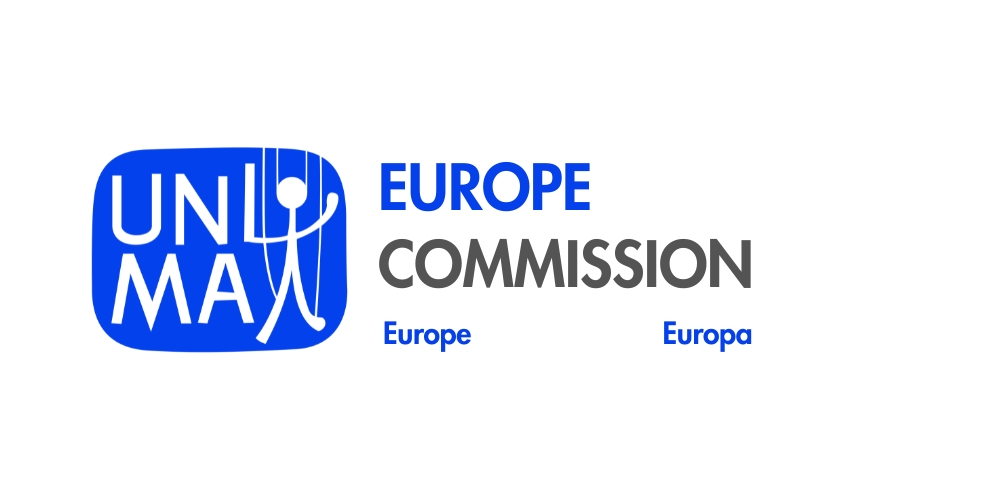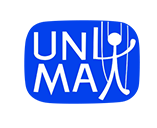
Introduction
At the last Congress in Chuncheon, it was decided to assign the five Geographical Commissions the specific task of dialogue and mediation with the national centers in the regions of the world they represent.
This is therefore also the task of the Europe Commission.
Active participation in this Commission will strengthen the voice of European national centers in Europe, allow them to connect with each other, give them greater international visibility, and open up opportunities for joint projects. From their commitment and contribution to shared initiatives, European national centers can expect tangible benefits such as new partnerships, access to new funding channels, and enriched artistic and cultural exchanges.
Objectives
The goal of Europe Commission is to be closer to the national centers to understand their true state of health, support their growth, and strengthen their relationship with UNIMA International and the other centers. Furthermore, for:
– share governance experiences among the centers to improve their functioning and make them more effective in their actions;
– strengthen dialogue and coordination among centers in order to improve, through cooperation, their social and cultural impact at the regional level;
– plan strategies for the development of the sector that facilitate the procurement of resources and the implementation of advocacy activities;
– share traditions, techniques, contemporary practices and stories related to the art of puppetry, also highlighting the work of the new generations, in order to build common regional panoramas.
Programme and Activities
With the Europe Commission, which currently consists of approximately 30 national centres, it will begin an initial internal structuring phase. This will involve dividing the centres into five areas (which can be redefined with national’s centres input) with a coordinator for each area. They will be responsible for acting as a link with and between the various centres and for facilitating contact and communication. The area coordinators will also be responsible for assessing the situation in countries where there is currently no national centre.
In the coming months (until the end of 2025), these area coordinators will contact the national centres and agree on the path to participate in this important regional structuring process. The centres will be asked to delegate two people from their governing bodies (president, national secretary, national or international advisors) to represent them.
After this initial contact phase, starting in 2026, thematic meetings will be held between the national centres of the different areas, leading to meetings with all European national centres over the course of the year.
